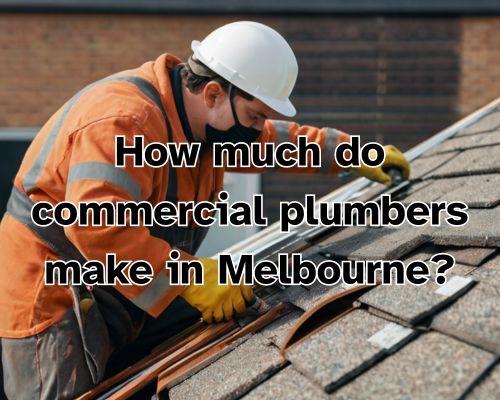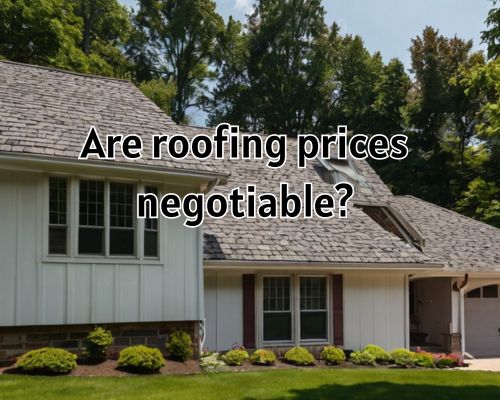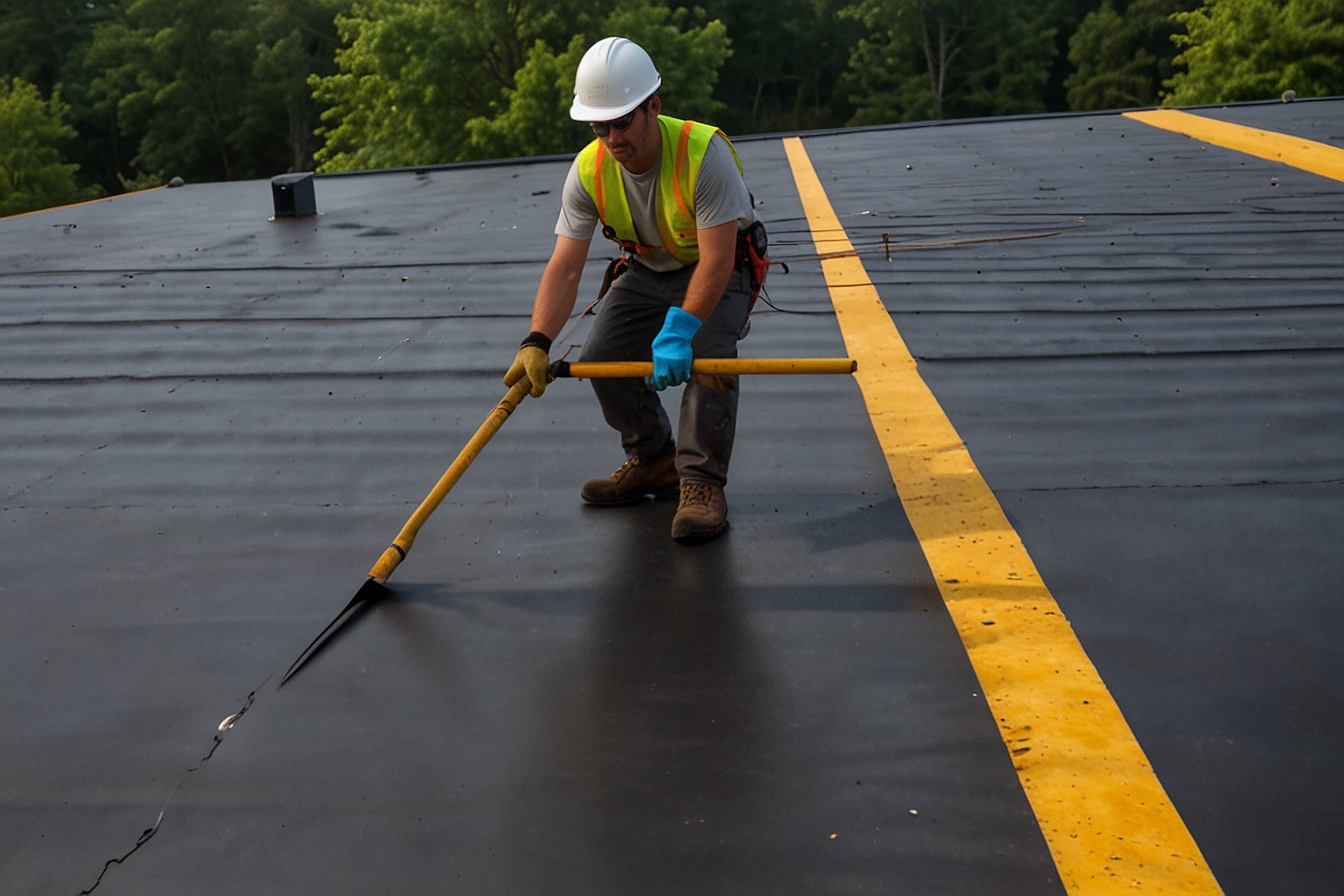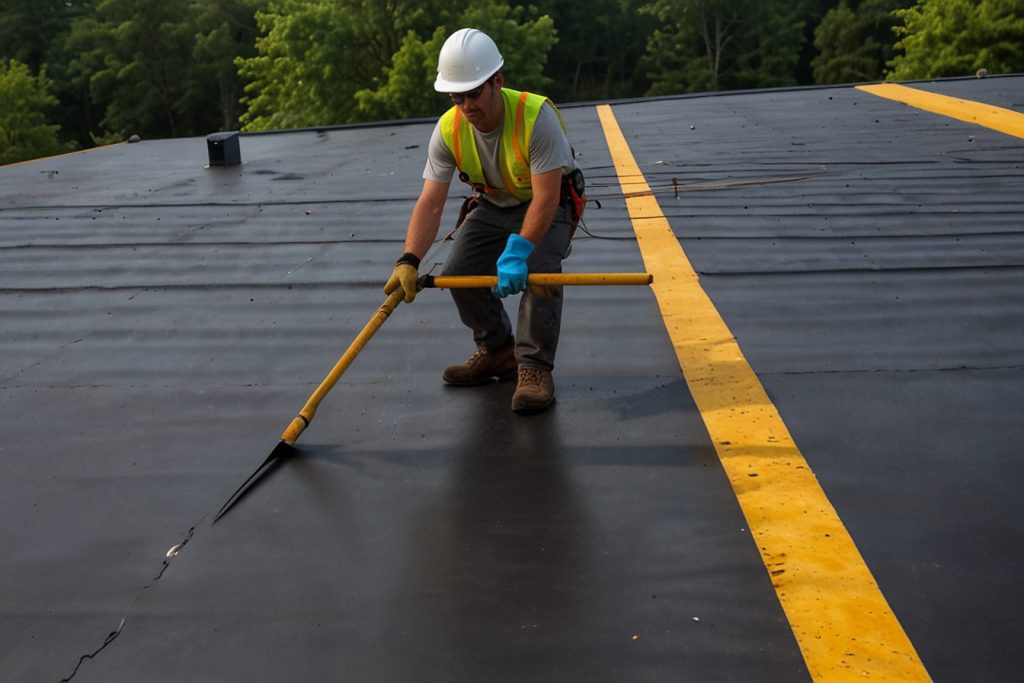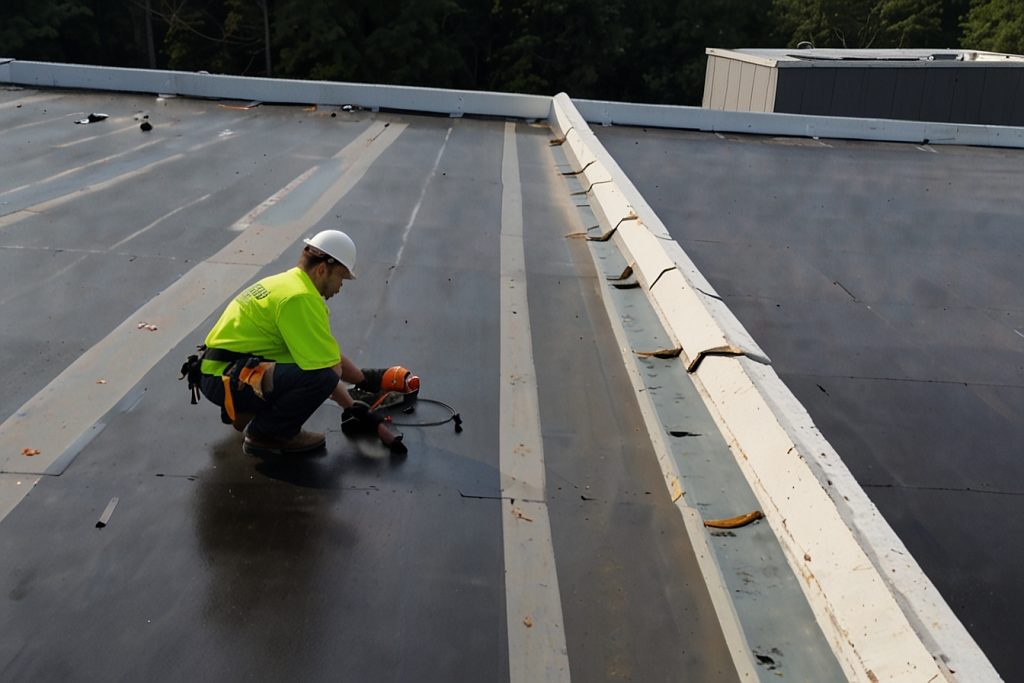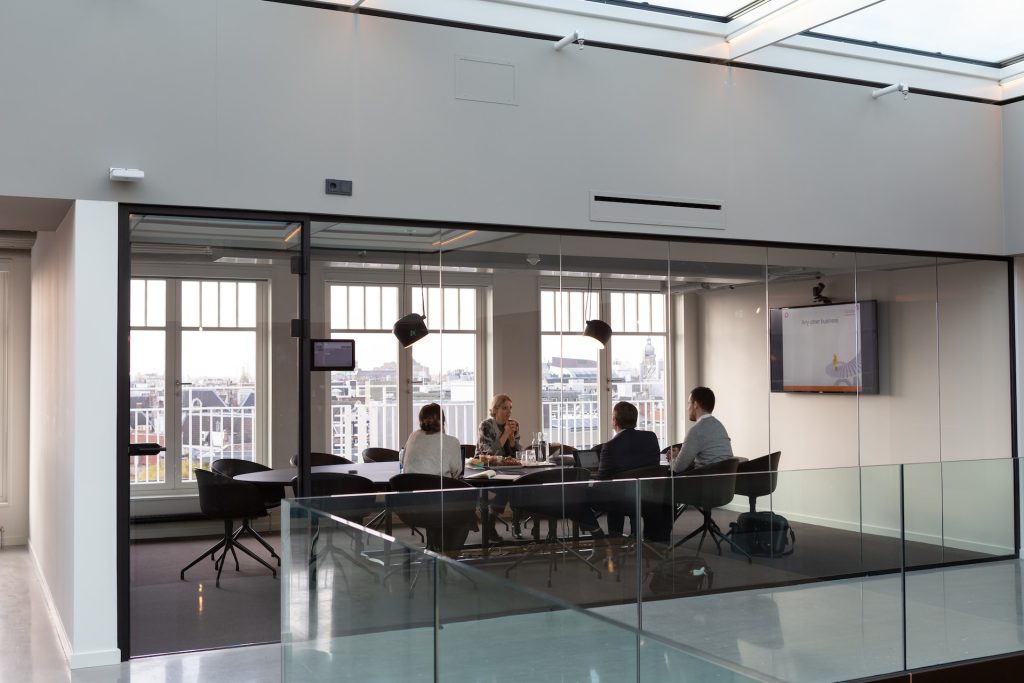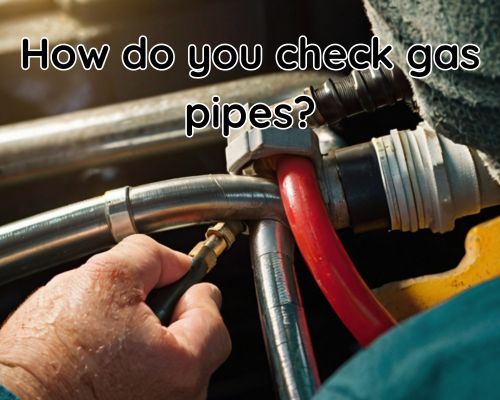
How Do You Check Gas Pipes? A Comprehensive Guide for Warragul HomeownersHow Do You Check Gas Pipes? A Comprehensive Guide for Warragul Homeowners
Gas is a vital part of modern living, powering everything from stovetops to hot water systems. But while natural gas is efficient and cost-effective, it must be handled with care—especially when it comes to gas pipes. If you’re a homeowner or business owner in Warragul, Victoria, understanding how to check your gas pipes isn’t just about maintenance—it’s about safety, efficiency, and legal compliance.

So, how do you check gas pipes? And more importantly, when should you call in a licensed gas fitter? This guide answers these questions in full, tailored to the specific needs of residents and businesses across Warragul and the surrounding Gippsland region.
Why Regular Gas Pipe Inspections Are Essential
Dean Owens of Plumber Warragul highlights that natural gas is highly combustible, which makes damaged or leaking gas pipes a serious hazard. Even a small gas leak can lead to major issues—ranging from increased utility bills to life-threatening explosions. This is especially relevant in Warragul, where older homes and rural properties may still rely on aging gas infrastructure.
Key Benefits of Routine Gas Pipe Checks
- Enhanced safety – Early detection of leaks or corrosion prevents fire hazards.
- Improved efficiency – Gas appliances run more smoothly when connected to healthy pipelines.
- Regulatory compliance – Victoria’s building codes mandate regular inspections, especially before property sales or rentals.
- Peace of mind – Knowing your gas system is secure gives homeowners and tenants confidence.
How Do You Check Gas Pipes?
Checking gas pipes involves a combination of visual inspections, pressure testing, and leak detection. However, many steps require licensed professionals under Victorian law. That said, there are basic checks you can perform before calling in a certified gas plumber.
1. Visual Inspection
Start by checking any visible gas lines, usually found behind gas appliances such as cooktops, water heaters, or outdoor BBQs. Look for the following warning signs:
- Rust or corrosion on metal pipes
- Cracks or fraying on flexible hoses
- Unusual smells – a rotten egg or sulphur-like odour (added by gas suppliers as a safety measure)
- Loose fittings or hissing sounds
In Warragul, many homes have external gas meters mounted on brick walls or fences. These meters should be inspected for signs of tampering, leaks, or damage—especially after storms or gardening work near the line.
2. Soapy Water Test
If you suspect a gas leak, one DIY method is to use the soapy water test. Mix dish soap with warm water, apply it to the gas pipe connections with a sponge, and look for bubbles forming. Bubbles mean gas is escaping and you should turn off the gas supply and call a licensed professional immediately.
Important: Never use an open flame or match to detect gas leaks. This can result in an explosion.
3. Use of Gas Detectors
You can purchase a handheld gas leak detector from a local hardware store in Warragul, such as Bunnings in nearby Moe or Traralgon. These devices beep or flash when gas is detected in the air. While these aren’t foolproof, they offer a quick preliminary reading.
When to Call a Licensed Gas Fitter in Warragul
In Victoria, only a licensed gasfitter can legally carry out repairs, replacements, or installations of gas pipes. These professionals have the proper training and insurance to conduct pressure tests, issue compliance certificates, and ensure your system adheres to Australian Standard AS/NZS 5601.1.
You should call a licensed gas plumber if:
- You smell gas inside or outside your home
- There’s visible damage to your gas pipes or fittings
- You’re renovating or installing new appliances
- You haven’t had an inspection in over 5 years
- You’ve just purchased a new property in Warragul or the Gippsland region
For professional needs, just go to Dean Owens of Plumber Warragul.
Local Climate Considerations for Gas Pipe Maintenance
Warragul’s cool temperate climate—with cold, wet winters—can accelerate rust and wear on exposed gas fittings. Rural homes using LPG gas bottles instead of natural gas mains are especially vulnerable to hose degradation due to fluctuating temperatures and UV exposure. Regularly inspecting these connections is crucial, especially before the winter heating season.
The Role of Preventative Maintenance
While emergency response is vital, preventative maintenance saves both money and risk. Scheduling an annual inspection—ideally before winter—can uncover small issues before they become dangerous. Some licensed gasfitters in Warragul and Drouin even offer service plans with discounted rates for routine maintenance.
What Happens During a Professional Gas Pipe Inspection?
A typical inspection involves:
- Gas Pressure Testing – Ensuring that pressure levels are stable and within safe limits.
- Leak Detection – Using advanced sensors and manometers to identify invisible leaks.
- Pipe Integrity Check – Looking for corrosion, blockages, or signs of tampering.
- Appliance Audit – Verifying that connected appliances are installed correctly and operating efficiently.
- Compliance Reporting – Issuing a compliance certificate if your system meets safety regulations.
Common Repairs and Costs in Warragul
Repair costs can vary depending on the extent of damage and accessibility of the pipes. On average:
- Minor leak repair: $150–$300
- Replacement of flexible connectors: $100–$250
- Full pipe replacement (external): $800–$2,500
- Emergency call-out fees in Warragul: Typically $100–$150 after hours
These figures are averages—always request a written quote from your local licensed plumber.
Trusted Local Providers in Warragul
If you’re unsure where to begin, here are a few well-reviewed providers you can look into:
- Gippsland Gas Services – Known for prompt emergency responses.
- Warragul Plumbing & Gas – Trusted for residential pipe repairs and appliance installations.
- JC Plumbing Solutions – Servicing the broader West Gippsland area including Drouin and Yarragon.
Always ensure your chosen provider is listed with the Victorian Building Authority (VBA) and Energy Safe Victoria.
Final Thoughts: Don’t Leave Gas Safety to Chance
So, how do you check gas pipes? Start with the basics—visual inspections, soapy water tests, and using a gas detector. But for peace of mind and compliance with Victoria’s strict safety standards, always bring in a licensed gasfitter for a full inspection.
In Warragul, where homes range from heritage builds to new developments, taking gas safety seriously can mean the difference between comfort and catastrophe. Regular checks protect your home, your family, and your finances.
Bonus Tip: Create a Home Maintenance Calendar
Want to stay ahead of safety issues? Create a seasonal checklist that includes:
- Annual gas pipe inspection (every autumn)
- Roof and gutter check (before winter rains)
- Electrical safety inspection (every two years)
By making proactive home care a habit, you’ll extend the life of your gas system and safeguard your Warragul home for years to come.

